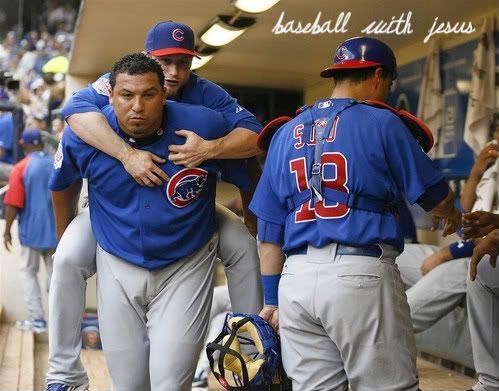In our reading of Joshua and Judges for this week, I found myself especially intrigued by the character of Deborah, who first appears in Judges 4: “At that time Deborah, a prophetess, wife of Lappidoth, was judging Israel. She used to sit under the palm of Deborah between Ramah and Bethel in the hill country of Ephraim; and the Israelites came up to her for judgment.” I had certainly heard about Deborah before and even studied the book of Judges to some extent in an EfM (Education for Ministry) class, but one of the insights from Coogan’s textbooks helped me to find a new perspective on this text.
Coogan writes that part of what is so compelling about this text is that Deborah is presented in such a straightforward, matter-of-fact way, with no special attention given to her gender. In the text above, it is merely noted that she is “a prophetess” and that the Israelites “came up to her for judgment,” much the same sort of introduction that is given to many of the other judges. This note of Coogan’s seems to accurately capture what is so surprising about this text. It seems to give rise to much curiosity about who this Deborah might have been: a real prophet or leader of some sort, or one of the legendary folk heroes that is also presented in Judges, like Samson? She even receives one of the most positive presentations among the judges, winning a major military victory and singing, with Barak, the “Song of Deborah,” which Coogan notes is probably one of the oldest texts in the Hebrew Bible, probably written not long after the victory it commemorates. Of course, both Deborah and Jael are celebrated in this text not only for wisdom, but for committing acts of great violence; they are not idealized feminist role models, but they are certainly compelling characters.

2 comments:
Thanks for your comments! I think any time we (or at least I) come across any woman in the Bible, it makes me stop and read more closely. I don't think this is because I think they are more interesting or important--but it's just not what we normally see.
It makes me wonder what made this particular person/story so special that a male-dominated society included her/it.
LIke you said, it's not always the role model we wish to see--but what about their story stuck out to the authors? Just some thoughts...
I have been pleasantly surprised by the relatively large number of named, independent women in these earlier books, including Hannah, Sarah, Rebecca, Rachel, Endor, Michal, Rahab, Tamar, Abigail, plus Sampson's mother, women officiating in the worship of Yahweh at Shiloh, and singing victory songs to greet returning warriors.
Post a Comment